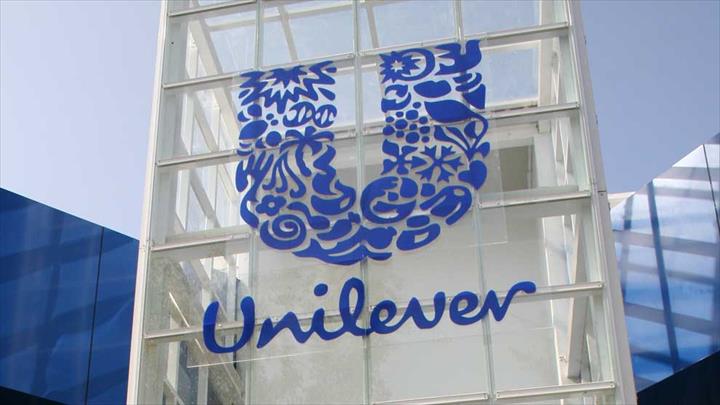Unilever Works For Creditors, Tax Collectors In Q2
Unilever Nigeria’s operating profit of N963 million in the second quarter was consumed by net finance cost of N335 million and income tax of N518 million, leaving N110 million for shareholders. With that, the company lost the room for profit that opened for it as it reined in input cost in the first quarter.
The home/personal care company’s unaudited report for the half year ended June 2022 shows a sustained gain in operating strength with more than three times jump in operating profit in the second quarter. However, major increases in finance and tax expenses quarter-on-quarter claimed much of the gains.
Cost of finance flew from N11 million to over N507 million on quarter-on-quarter reading and finance income fell from N464 million to N172 million over the same period. The changes shifted the company’s position from net finance income of close to N453 million to net finance cost of N335 million over the period.
The company’s balance sheet shows no borrowings at the end of half year operations and the finance expenses consist largely of exchange losses amounting to over N430 million during the quarter.
Tax expenses overturned from a tax credit of N353 million in the same period last year to N518 million in the second quarter. That claimed more than 82 percent of the company’s pre-tax profit of N628 million for the quarter.
Profit for the quarter fell from N1.2 billion in the same period in 2021 to N110 million this year. This runs counter to the first quarter result that saw a turnaround from a loss position in the same period last year to a N1.8 billion profit.
The high points for the company in the second quarter include a sustaining growth in sales at 42 percent to N23 billion, a moderated growth of 36 percent in cost of sales to N16 billion and the resulting leap of 58 percent in gross profit quarter-on-quarter to N7 billion.
Despite a high jump of 70 percent in selling and distribution expenses to N1.2 billion in the quarter, the company was able to achieve outstanding growth in operating profit.
The year-on-year position shows that sales continue picking up for Unilever for the second year and management is sustaining input cost moderation so far. Sales revenue accelerated from N20.6 billion or 24.5 percent increase in the first quarter to over N23 billion or 35 percent rise in the second, which sum up to about N44 billion turnover at half year’s closing.
Despite the disappointing profit record in the second quarter, the company is comfortable on its turnaround track so far in the year. It has topped up its roughly N1.8 billion after tax profit in the first quarter to N1.9 billion at the end of half year operations.
The closing profit for the half year is already 176 percent ahead of the 2021 full year’s after-tax profit of N688 million from continuing operations. It is also an impressive growth record of 167 percent year-on-year from its N715 million profit for the 2021 half year.
The company is in the second year of recovery from a loss of nearly N4 billion incurred in 2020. A slowdown in cost of sales is the key function of the turnaround, which grew by 22 percent to N29.6 billion for the half year compared to 35 percent expansion in sales.
The company’s average cost per unit of sales is declining for the second year from 79 kobo in 2020 to 71 kobo at the end of 2021 and further to 67.5 kobo at half year in 2022. The cost saving enabled an outstanding growth of 73 percent in gross profit year-on-year to over N14 billion at the end of the review period.
Major increases in selling/distribution expenses and marketing and administrative cost were recorded at half year at 55 percent to N2.3 billion and 32 percent to almost N9 billion year-on-year respectively.
However, with the outstanding growth in gross profit, the company was able to lift operating profit from only N26 million in the half year of 2021 to over N3 billion at the end of June 2022.
The half year position shows a sharp drop from net finance income of N605 million to net finance cost of N172 million year-on-year. This follows a drop of about 30 percent in finance income to N456.5 million and an upsurge in finance cost to about N629 million.
Despite the high rise in finance expenses, Unilever recorded five fivefold jumps in pre-tax profit to stand at about N3 billion in half year. Tax expense soared from only N3 million to over N1 billion during the period but after-tax profit still advanced by 336 percent year-on-year to N1.9 billion.
The company closed the half year operations with earnings per share of 33 kobo, rising from 12 kobo per share in the same period last year.



Comments are closed.